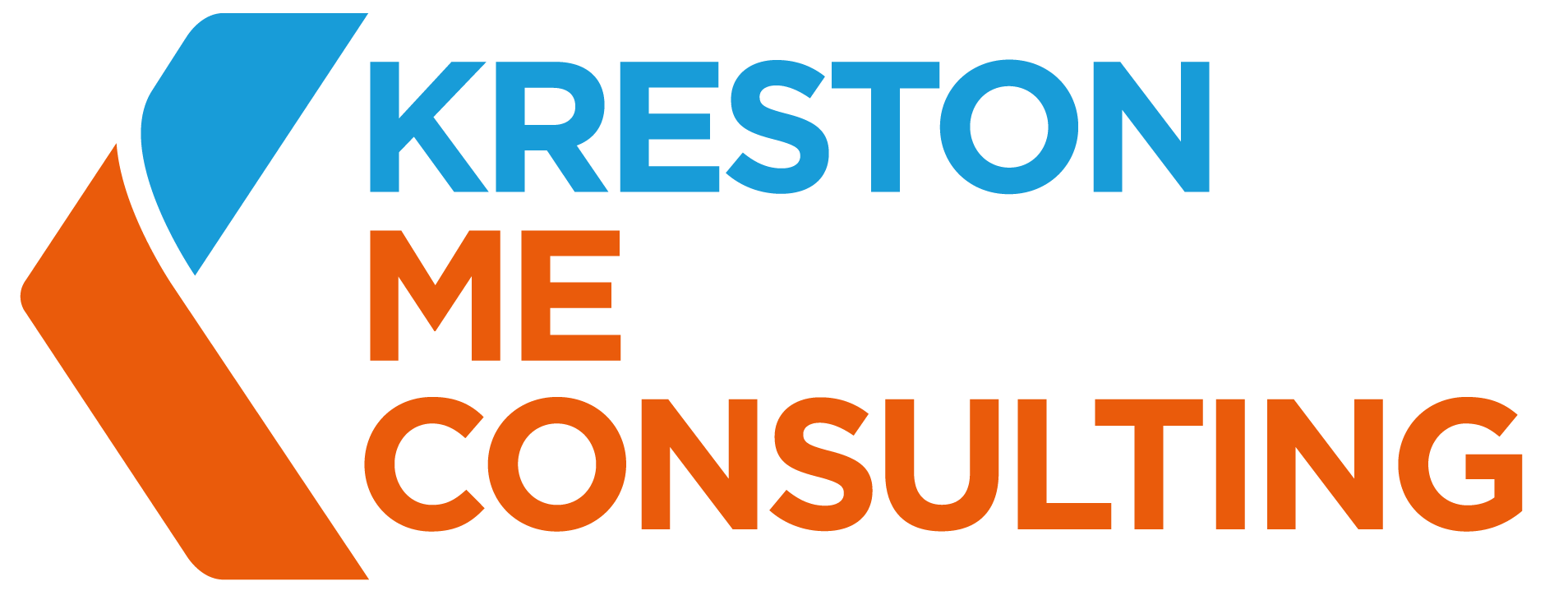Anti-Money Laundering Audit & Compliance Support
Safeguarding Financial Integrity
Anti-Money Laundering (AML) and Compliance Support are the pillars upon which financial integrity and security stand. In an era of evolving regulations and heightened scrutiny, businesses, financial institutions, and professionals face growing challenges in safeguarding against illicit financial activities.
AML and compliance support services are the guiding lights in navigating this complex landscape, offering expertise, tools, and strategies to ensure adherence to stringent AML laws and regulations.
Anti-Money Laundering (AML) Compliance in the U.A.E.
Anti-Money Laundering (AML) regulations are compulsory in the United Arab Emirates (UAE) for various entities and individuals. These regulations are in place to combat money laundering and the financing of terrorism. In the UAE, AML compliance is typically mandatory for:
Financial Institutions
This includes banks, insurance companies, money exchange houses, and other financial service providers.
Designated Non-Financial Businesses and Professions (DNFBPs)
Certain non-financial businesses and professions are also subject to AML regulations. This category includes real estate agents, lawyers, accountants, and dealers in high-value goods.
Companies and Corporations
Companies registered in the UAE, especially those involved in international trade and financial transactions, are required to implement AML procedures.
Individuals
Individuals who work in positions that are susceptible to money laundering activities, such as compliance officers and employees of financial institutions and DNFBPs, may be required to undergo AML training and follow AML guidelines.
Free Zones
Companies operating within UAE free zones are subject to AML regulations, although specific requirements may vary by zone.
Governmental and Regulatory Bodies: UAE government agencies and regulatory bodies enforce AML regulations and conduct supervision to ensure compliance.
